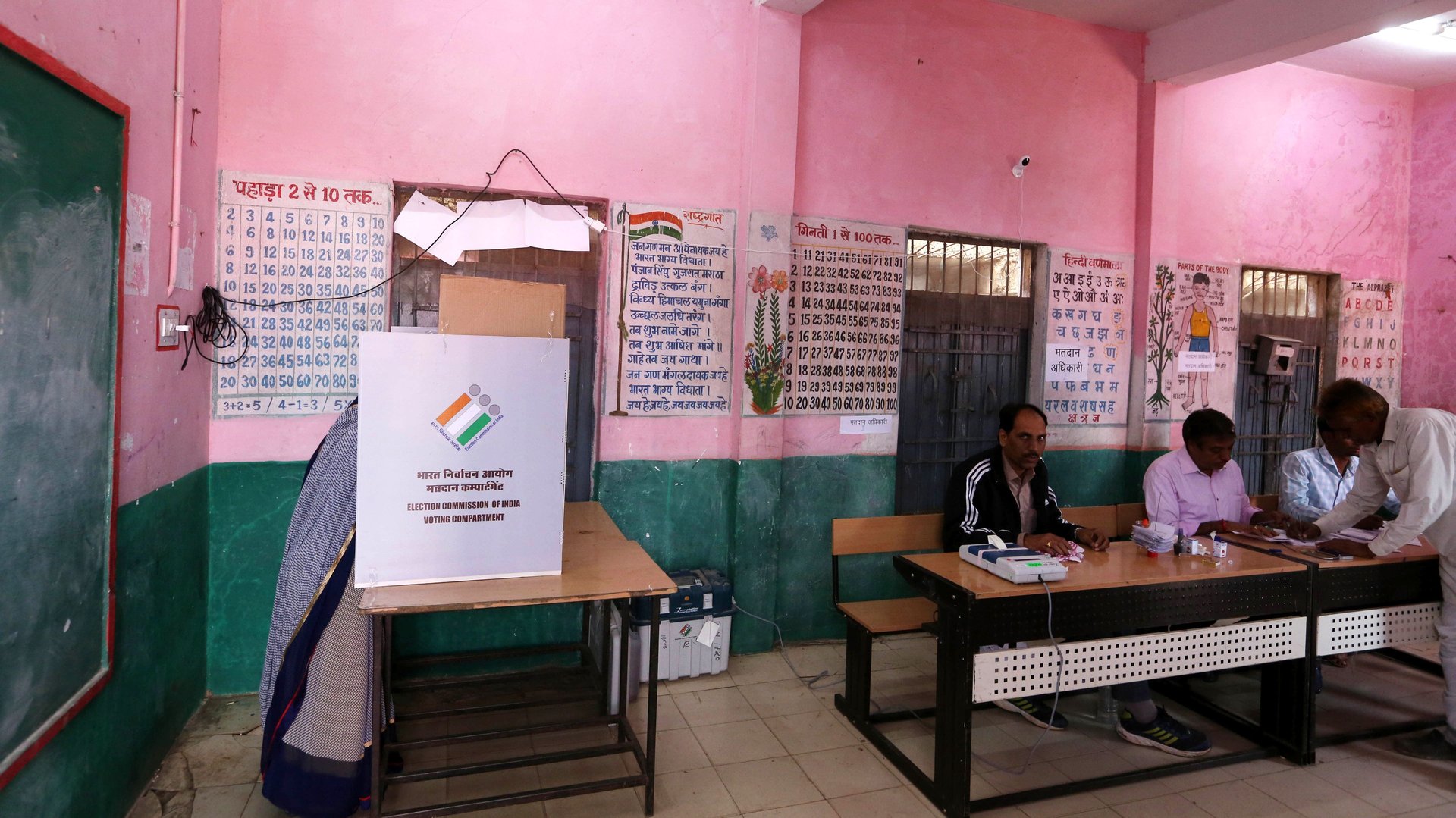What good is overseas enrolment for Indians if they can’t vote remotely?
Indian voters outside the country are desperate to vote, but are finding it hard to even clear the first hurdle of enrolment, leave alone figuring out remote voting.


Indian voters outside the country are desperate to vote, but are finding it hard to even clear the first hurdle of enrolment, leave alone figuring out remote voting.
The lack of clarity around voter registration posed a conundrum for Yash Bhansali, for instance. The 24-year-old senior consultant with EY had attended college in New York in the first four years of adulthood. Then, after spending a few months in his hometown Mumbai, he moved to Dubai last year.
“I never applied for my voter ID while living abroad for college. And when I did want to, it seemed like a tedious process so I kept procrastinating and delaying it,” he said. “I’ll have to look into the process of getting one. I don’t know how quickly I can get one and if, logistically, I can vote from outside India.”
According to the election commission of India (ECI) website, “a citizen of India, absent from the country owing to employment, education etc, (who) has not acquired citizenship of any other country” is eligible to be registered as a voter in the Indian address mentioned in her passport.
To enrol, you need to submit form 6A—an online application to include one’s name in the overseas electoral roll as opposed to the general one—along with supporting material like copies of your passport and photographs. A local officer would then verify the applicant’s permanent Indian residential address as mentioned in the passport.
Yet, there are many who have gripes with the system.
Twenty-three-year-old Nandini Mazumdar of Mumbai is currently working with Mastercard as a consultant in New York. She applied as an overseas voter in March-end and is still awaiting approval so that she can cast her maiden vote. But even after the first round of polling on April 11, she remains unsure of the approval for her application.
“I’m not sure, I hope they’ll tell us more. But I think it’ll be online,” said Mazumdar.
The ECI, meanwhile, has clarified that Indians living abroad cannot vote online, yet. These registered voters have to come to India and go to the polling booth in their constituency to cast their votes. Not exactly practical for the over 70,000 Indian electors living abroad.
Currently, the alternatives to voting in person are not open to all electors in India.
A bill to allow “proxy voting” was passed in the Lok Sabha in August 2018. But the Rajya Sabha, the upper house of parliament, didn’t pass it and the bill lapsed. Currently, proxy voting is available only to army personnel and diplomats.
The other option is a postal ballot. This again is available only to a handful of people—those in the army, navy and air force, and members of the armed police force of a state serving outside the state, besides government employees posted outside the country, and their spouses.
In the 2014 general election, 40,000 of 70,000 government employees on poll duty cast their votes via postal ballot.
Read Quartz’s coverage of the 2019 Indian general election here.